The Ultimate AI PM Learning Roadmap
An extended edition with dozens of AI PM resources: definitions, courses, guides, reports, tools, and step-by-step tutorials. Updated: Nov 4, 2025.
Hey, welcome to the free edition of The Product Compass newsletter.
Every week, I share actionable tips, templates, resources, and insights for PMs.
Consider subscribing or upgrading your account for the full experience:
Updated on: Nov 4, 2025
I refreshed linked resources.
In this issue I cover everything you need to know as an AI Product Manager.
It aggregates resources, templates, and step-by-step guides for AI PMs and AI builders.
If I had to learn AI Product Management again, I would start here:
1. Basic Concepts
Start with understanding what an AI Product Manager is.
Next, for most PMs, it makes no sense to dive deep into statistics, Python, or loss functions. Instead, you can find the most important concepts here: Introduction to AI Product Management: Neural Networks, Transformers, and LLMs.
[Optional] If you want to dive deeper, I recommend you check out an interactive LLM visualization:

[Optional] Finally, as an AI PM you will most likely work with LLMs, as they are the most cost-effective. But just in case, here are 8 other terms you might come across, explained by Generative AI:
LLM (Large Language Models): Great for natural language understanding and generation (think ChatGPT).
LCM (Latent Concept Models): Powerful in capturing nuanced concepts hidden in data.
LAM (Language Action Models): Designed to not just understand, but also take action based on language input.
MoE (Mixture of Experts): Smartly combines expertise from multiple specialized models for superior performance.
VLM (Vision-Language Models): Handles text AND images, bridging visuals and language seamlessly.
SLM (Small Language Models): Ideal for efficiency and speed, especially in resource-constrained environments.
MLM (Masked Language Models): Masters context, great at predicting masked or missing content in text.
SAM (Segment Anything Models): Perfect for precise image segmentation and detailed visual understanding.
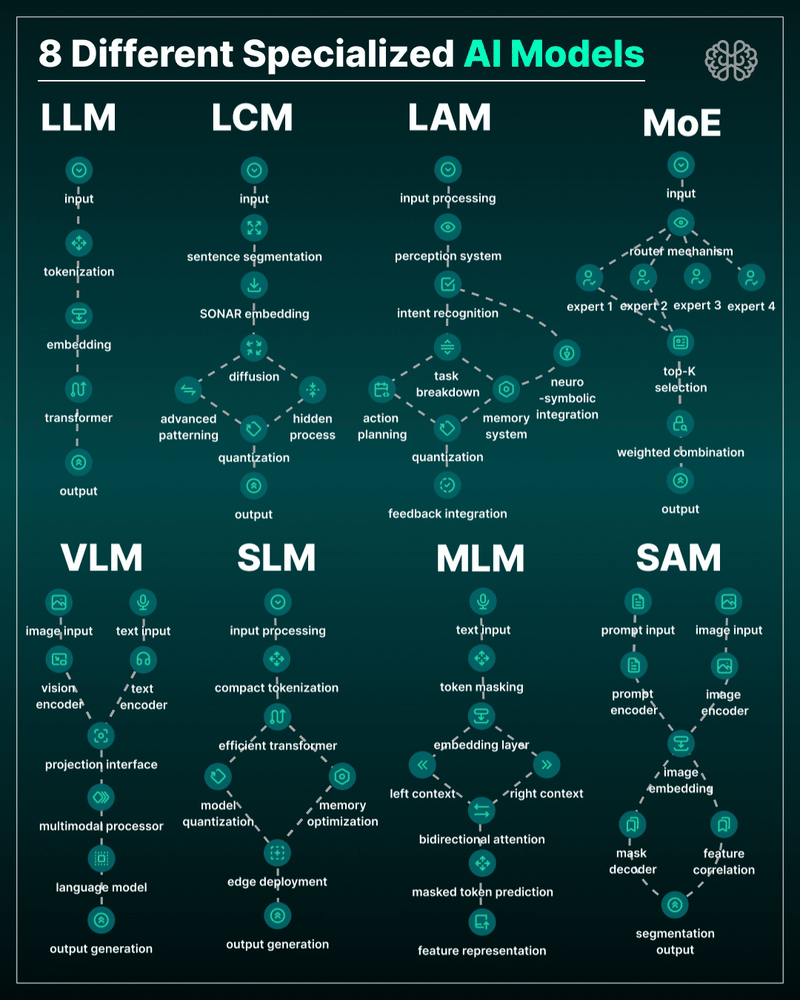
2. Prompt Engineering
52% of U.S. adults use LLMs. But very few know how to write good prompts.
I recommend starting with resources curated specifically for PMs:
[Optional] Other generic, free resources:
Guides:
GPT-5 Prompting Guide - unique insights, especially for coding agents
GPT-4.1 Prompting Guide - focuses on agentic capabilities
Anthropic Prompt Engineering - my go to resource
(Optional) Prompt Engineering by Google
An Awesome Analysis: System Prompt Analysis for Claude 4
Tools:
Anthropic Prompt Generator: Improve or generate any prompt
Anthropic Prompt Library: Ready-to-use prompts
Free, Interactive Course: Prompt Engineering By Anthropic
3. Fine-Tuning
Use those platforms to experiment with training and validation data sets and parameters such as epochs. No coding:
OpenAI Platform (start here, my favorite)
LLaMA-Factory (open source, lets you train and fine-tune open-source LLMs)
You can practice fine tuning by following this practical, step-by-step guide:
The Ultimate Guide to Fine-Tuning for PMs
4. RAG (Retrieval-Augmented Generation)
RAG, by definition, requires a data source plus an LLM. And there are dozens of possible architectures.
So, rather than studying artificial names, I recommend the following resources to learn RAG in practice:
How to Build a RAG Chatbot Without Coding: A simple exercise step-by-step
See the point ‘Three Essential Agentic RAG Architectures’ from AI Agent Architectures, where I also comment on how to generalize that knowledge
An interactive RAG simulator: https://rag.productcompass.pm/
5. AI Agents & Agentic Workflows
AI agents are the topic you can learn best by doing. I see too many BS advice by people who have never built anything.
My favorite tool, by far, is n8n, that allows you to:
Create complex agentic workflows and multi-agent systems with a drag-and-drop interface.
Easily integrate with dozens of systems (Google, Intercom, Jira, SQL, Notion, etc.).
Create and orchestrate AI agents that can use tools and connect to any MCP server.
You can start with those guides:
AI Agent Architectures: The Ultimate Guide With n8n Examples
MCP for PMs: How To Automate Figma → Jira (Epics, Stories) in 10 Minutes (Claude Desktop)
J.A.R.V.I.S. for PMs: Automate Anything with n8n and Any MCP Server
[Optional] And here are my favorite, free generic guides and reports:
Google Agent Companion: focuses on building production-ready AI agents
6. AI Prototyping & AI Building
I listed many tools, but in practice, Lovable, Supabase, GitHub, and Netlify are 80% of what you need. You can add Stripe. No coding.
Here are four practical tutorials:
How to Quickly Build SaaS Products With AI (No Coding): Introduction
A Complete Course: How to Build a Full-Stack App with Lovable (No-Coding)
[Optional] If you want to build and monetize your products, e.g., for your AI PM portfolio:
How to Build and Scale Full-Stack Apps in Lovable Without Breaking Production (Branching)
17 Penetration & Performance Testing Prompts for Vibe Coders
The Rise of Vibe Engineering: Free Courses, Guides, and Resources
Lovable Just Killed Two Apps? Create Your Own SaaS Without Coding in 2 Days
When building, focus on the value, not hype. Customers couldn’t care less about whether your product uses or has been built with AI.
7. Foundational Models
My favorite models (August 15, 2025):
GPT-5 > GPT-4.1 > GPT-4.1-mini for AI Agents
GPT-5 might sound robotic and is slower, but it excels at planning, more reliable tool use, and complex tasks.
Claude Sonnet 4.5 for coding
Gemini 2.5 Pro for everything else
8. AI Evaluation Systems
You might have the most advanced architecture. But the real question is this: Does your product actually work?
Evals are the most critical element. And it's a task also for PMs.
A free, detailed guide: Mastering AI Evals: A Complete Guide for PMs
Error analysis: AI Evals: How to Find The Right AI Product Metrics
A massive, free FAQ: https://hamel.dev/blog/posts/evals-faq/
The Ultimate Guide to AI Observability and Evaluation Platforms
9. Other Resources
AI Product Strategy & Product Leadership:
How to Think About AI Product Strategy: The AI Strategic Lens Framework
5 Phases To Build, Deploy, And Scale Your AI Product Strategy From Scratch
3-Layer AI Product Distribution Framework (features get cloned., models commoditize, but distribution compounds)
A few other AI PM resources that I found particularly useful over the last months:
Anthropic MCP Servers: The official collection by Anthropic
Awesome Generative AI Guide (GitHub): Updates, news, and materials
ChatLLM: Use all LLMs with just one $10/month subscription (I’m not affiliated)
MCP.so: The largest collection of MCP servers
microsoft/markitdown: For converting docs to Markdown (if your LLM needs to process documents)
10. Recommended AI Product Management Courses and Programs
I. AI PM Learning Program
I’m running a hands-on, async AI PM Learning Program focused on learning by doing. You get my full support, a dedicated Slack channel, and weekly office hours.
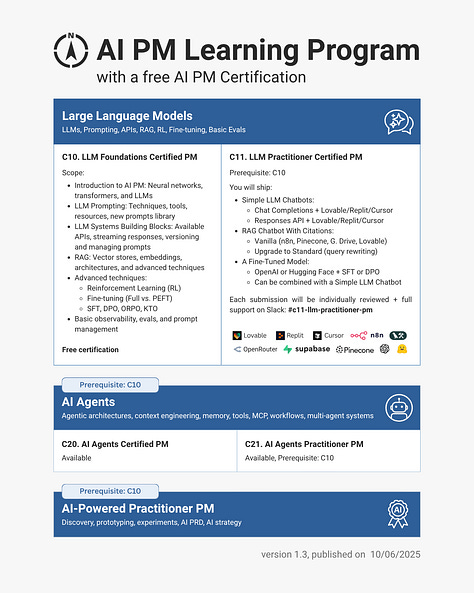
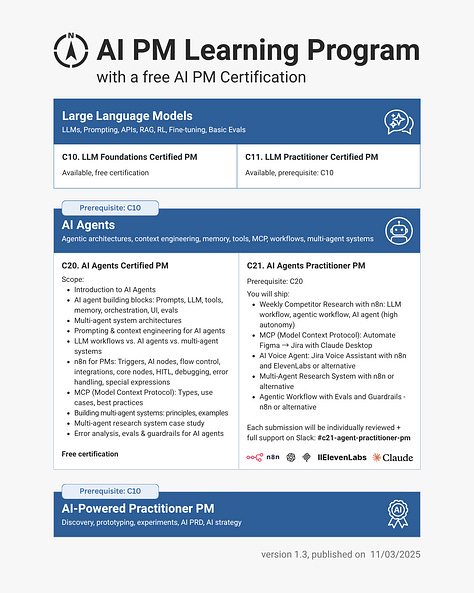
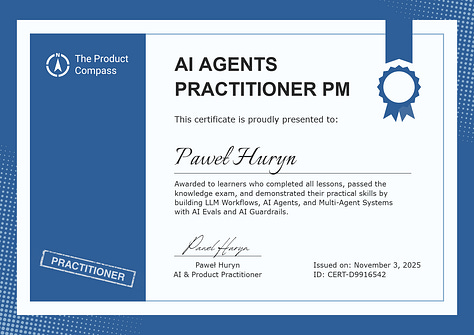
The AI PM Learning program is free for paid subscribers of this newsletter.
Learn more, start the first module, and get certified here:
You can continue with:
II. AI Product Management Certification
Highly Recommended: The AI Product Management Certification — a 6-week, hands-on cohort led by Miqdad Jaffer (Product Lead @ OpenAI).
I joined the Spring 2024 cohort and loved the mix of practical projects and networking. Since then, I’ve become an AI Build Labs Leader.
The next session starts January 26, 2026 — and I managed to secure a $500 discount for our community:
III. AI Evals For Engineers & PMs
I’ve participated in the first cohort together with 700+ AI engineers and PMs. I have no doubt that every AI PM must understand evals in depth. And I agree with Teresa Torres:
The last cohort started on October 10, 2025. I will update the link once there is a new enrollment available.
Visual Summary
Thanks for Reading The Product Compass Newsletter
Hope that helps!
It’s great to explore, learn, and grow together.
Have a great rest of the week ahead,
Paweł



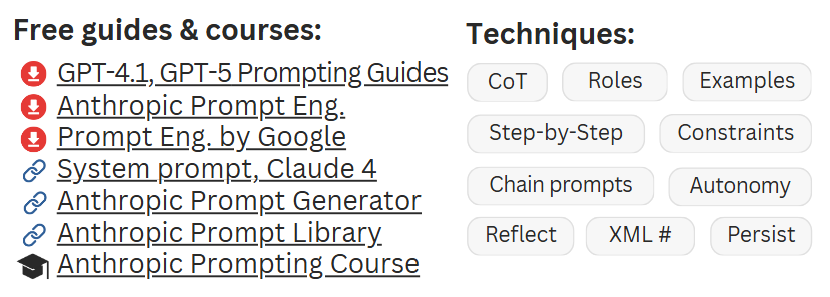
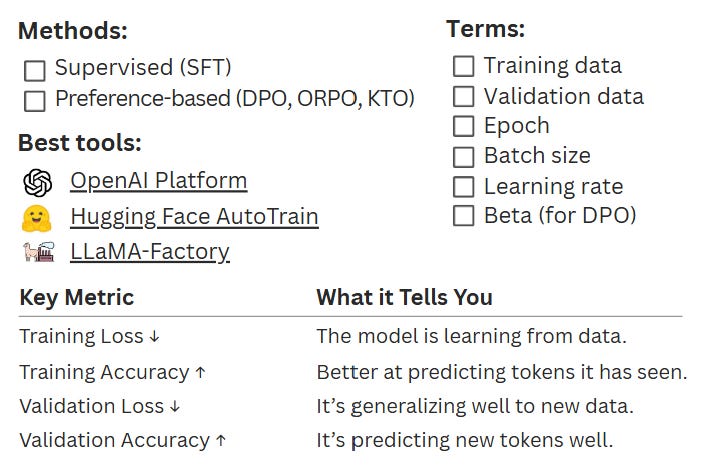
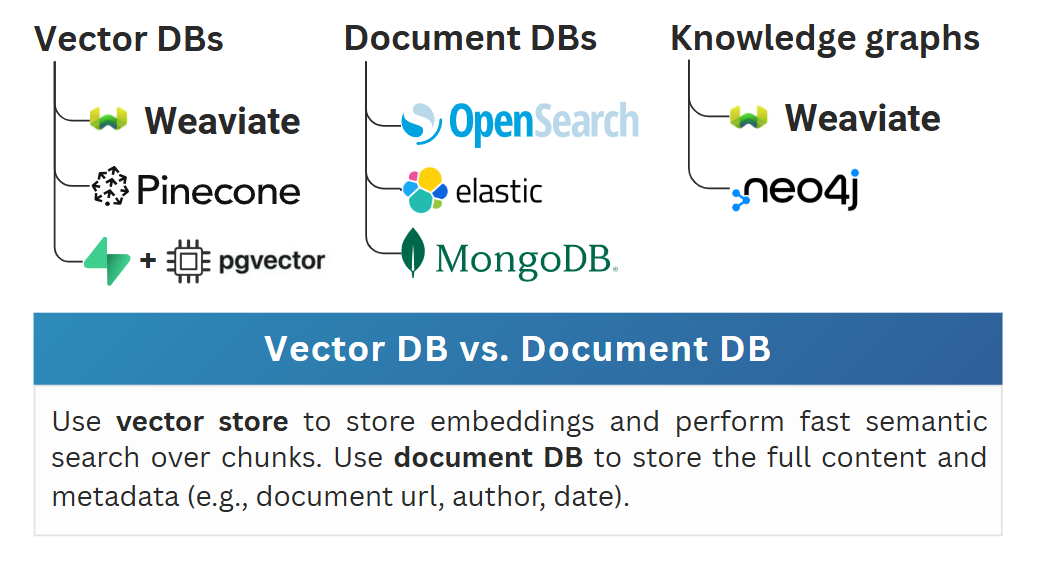

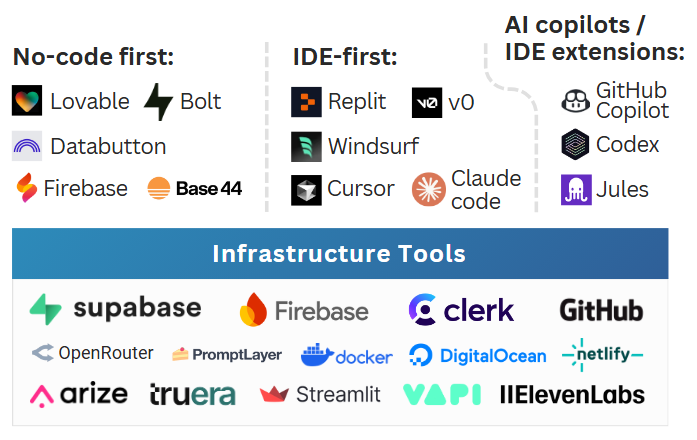

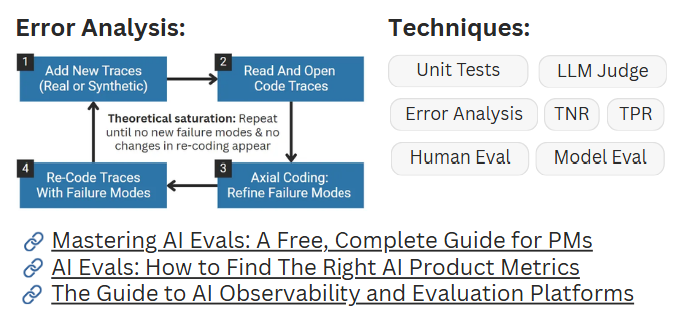
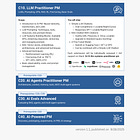
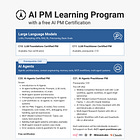
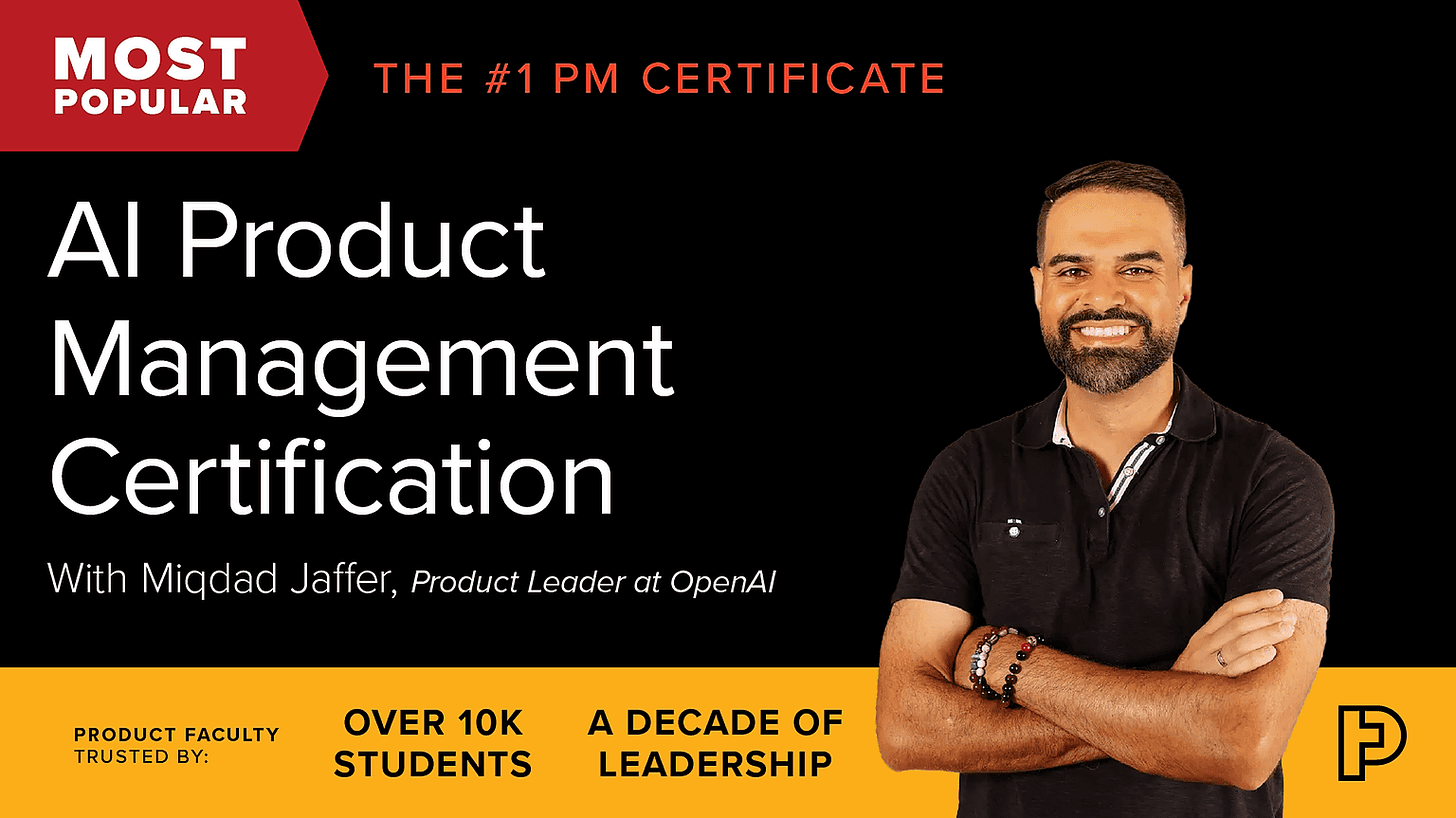
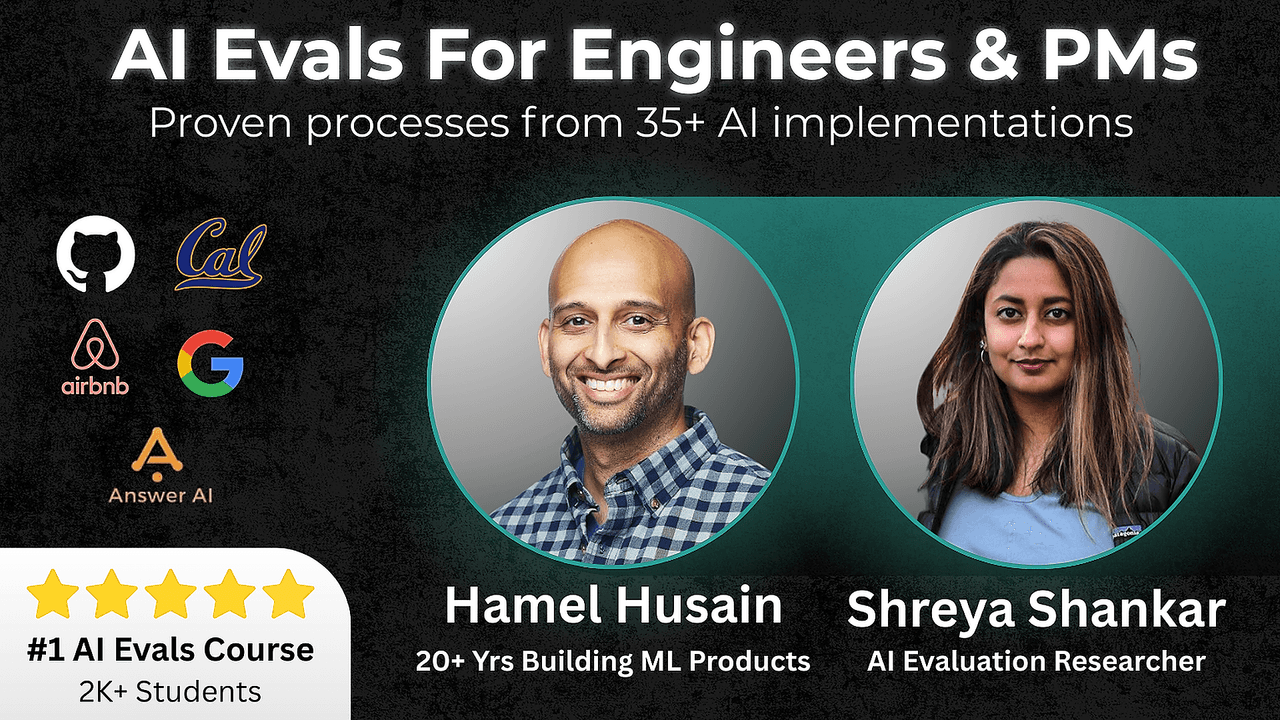


That's a great overview.
Very nicely organized.